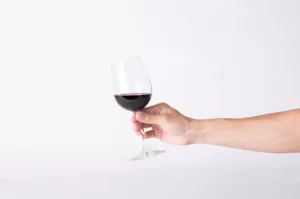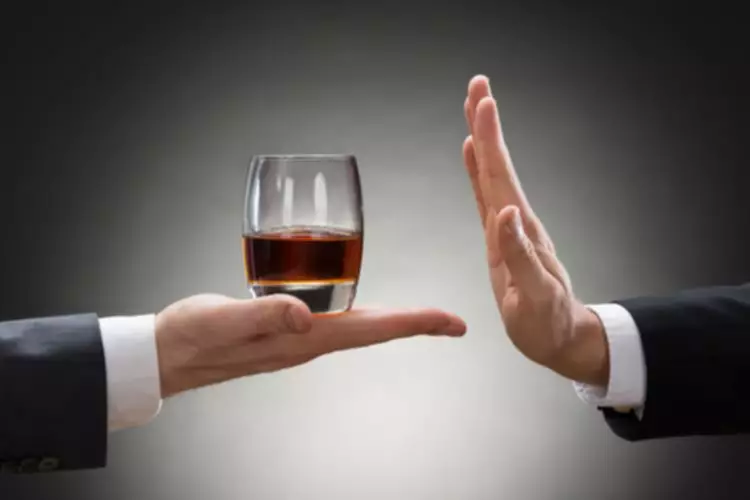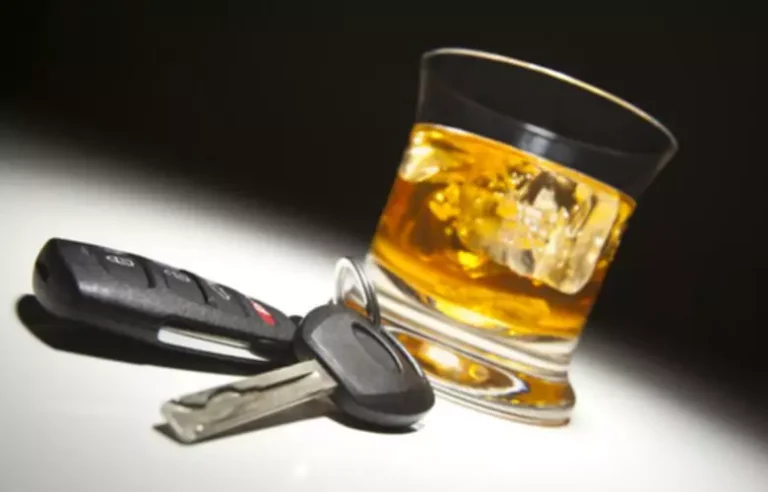
You’ve probably heard that a glass of warm milk before bed can be calming. For some people, milk might also cause digestive discomfort if they’re sensitive to the lactose in dairy products. Jessica Migala has been a health, fitness, and nutrition writer for almost 15 years. She has contributed to more than 40 print and digital publications, including EatingWell, Real Simple, and Runner’s World. Jessica had her first editing role at Prevention magazine and, later, Michigan Avenue magazine in Chicago.

Drinks to Limit or Avoid
- Breathing problems — Since alcohol’s sedative effect extends to your entire body, including your muscles, it may allow your airway to close more easily while you’re asleep.
- When you drink alcohol, it’s absorbed through the stomach and small intestine and moves into your bloodstream.
- Sleep apnea can overall lower your quality of sleep and cause disruptions throughout the night.
- After a night of drinking, you may enter a deeper sleep than usual as soon as you fall asleep and spend less time in REM sleep.
Putting a few hours between drinking and going to sleep will allow the alcohol to work its way through your system, according to Dr. Oyegbile-Chidi. This means there’s less of a chance does alcohol help you sleep of waking up in the middle of the night because your body is metabolizing that martini. One of the most important steps is to reduce how much alcohol you drink in a given timeframe.
- Using alcohol to help you relax and sleep may actually be masking a sleep disorder that needs treatment.
- REM sleep is vital for healthy brain development, the National Sleep Foundation noted.
- Consuming certain substances, such as alcohol, can disrupt sleep schedules.
- These can happen during arousals from rapid eye movement (REM) sleep or non-rapid eye movement (NREM) sleep.
- However, more research is necessary to determine whether this is a common occurrence.
How Much Water Should I Drink?
So, does alcohol help you sleep or is it actually interfering with your quality of rest? Read on to find out how alcohol can affect your sleep, and why—as well as insight into the health benefits of getting enough shut-eye. The most effective time of day for the body to metabolize alcohol, according to research? That’s right, the traditional “happy hour” time is actually when the body is most prepared to process that cocktail. If that mimosa with brunch hits you particularly hard, it may be the result of circadian timing. While a drink now and then may have a sedative effect that causes you to drift off faster, research shows that it can impede sleep quality in the long run.
- Drinking heavily over time can also disrupt the chemical messengers in the brain, which can affect sleep.
- But while this may be the case with lower doses of alcohol (lower than a standard drink), there’s evidence that your sleep quality may diminish over the course of the night—especially if you’ve had more than a low dose.
- “REM sleep is critical to healthy brain function as it is essential in emotional regulation and the consolidation and retention of memories,” says Dr. Willeumier.
- Alcohol has other effects on your body that contribute to feeling tired and sluggish the following day.
Dr. Abhinav Singh,
And though it may help in the short term, drinking alcohol before bed can actually lead to a night of horrible, restless sleep. Women’s sleep is more disturbed by alcohol than men’s, Meadows said. In a 2011 study published in the journal Alcoholism, Clinical and Experimental Research, men and women consumed the same amount of alcohol before going to bed. Although the results were self-reported, women said they felt more tired before bed, experienced more nighttime awakenings and recorded less sleep than their male counterparts. Consuming alcohol regularly before bed can also make it more difficult to sleep, according to a 2016 study in the journal Drug and Alcohol Dependence.
- The liver acts as a filtering system for the body, helping metabolize food and chemicals (including alcohol itself), and pulling toxins from the bloodstream.
- Alcohol inhibits antidiuretic hormones, which cause people to urinate more frequently, removing water from the body—and further interrupting sleep.
- Because alcohol is highly calorific, drinking too much means that your body is suddenly faced with having to burn off these additional calories.
Deceptively Drowsy
Your deep restful sleep tends to be more prevalent in the first few hours but decreases during the second half. Treating anxiety can help reduce insomnia and improve overall sleep quality. People with sleep apnea should consider avoiding or reducing alcohol consumption. A person can speak with a doctor to discuss the best way to treat and manage their condition. Normal sleep cycles through four stages, which are either considered rapid eye movement (REM) sleep or non-REM sleep.
How does alcohol affect sleep?
But it can actually end up robbing you of a good night’s rest — or worse, could cause some challenging sleep problems. A 2019 study showed that individuals who sleep for under 6 hours each night have a 20% higher chance of heart attack than individuals who sleep between 6 and 9 hours. Alcohol is classified as a central nervous system depressant, meaning it slows down brain activity. While “relaxed” may sound appealing, alcohol has also been shown to negatively affect sleep and other physiological processes that occur during sleep. Even though a glass or two may help you initially drift off faster, it probably won’t benefit your sleep quality in the long run. At the same time, vasopressin causes the constriction (narrowing) of blood vessels, thereby increasing blood pressure, sometimes precipitously.
Water—During the Day
In general, maintaining a well-balanced diet, with an emphasis on lean proteins and diverse plant foods, can go a long way to enhancing your sleep, night-to-night. So while, yes, that glass of wine can enhance your sleep on occasion, remember that it’s certainly not a long-term solution to ongoing sleep troubles and can, in fact, exacerbate the issue. Before reaching for that glass, hear from the experts how alcohol before bed might affect your sleep. Alcohol can cause sleepiness and may initially have a sedative effect.



